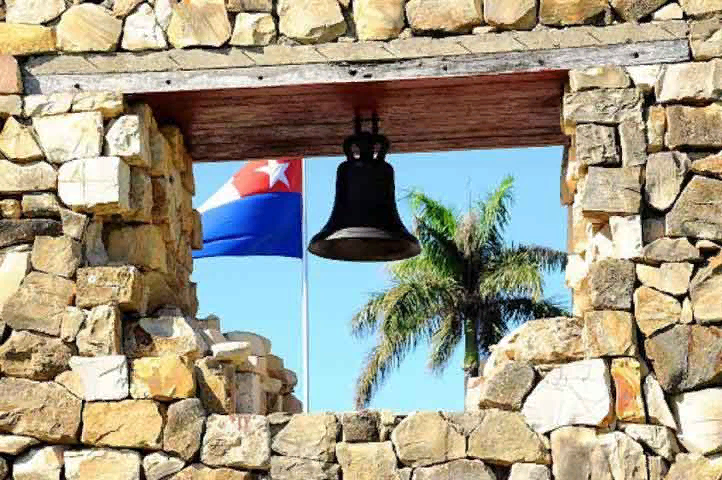Cuba today celebrates the 155th anniversary of the beginning of the struggles for its emancipation from the Spanish crown, an event that marked the destinies of the nation, in 1868.
On the morning of October 10 of that year, the insurgent lawyer Carlos Manuel de Céspedes pronounced in the east of the island the declaration of independence known as the Manifesto of the Revolutionary Junta of the Island of Cuba, which included universal and advanced postulates for the epoch.
The uprising, supported in other regions of the country, constituted a triumph of independence ideas against Hispanic fundamentalism and the reformist and annexationist currents of the time, and began the armed struggle that would last 10 years.
The conflict ultimately did not achieve its emancipatory objectives but a patriotic national consciousness matured and, despite the fact that the slave oligarchy remained subject to Spain until the end of the 19th century, the Cuban nation was definitively founded.
This was followed by the so-called Little War (1879-1880) and the War of Independence (1895-1898), organized by José Martí, whose victory was frustrated by North American intervention and the establishment of a pseudo-republic supervised by the United States.
According to the historical leader of the Cuban Revolution, Fidel Castro, in a speech given on the centenary of the feat, there is only one Cuban Revolution from the one started by Céspedes to the present day, including the one that triumphed on January 1, 1959.


